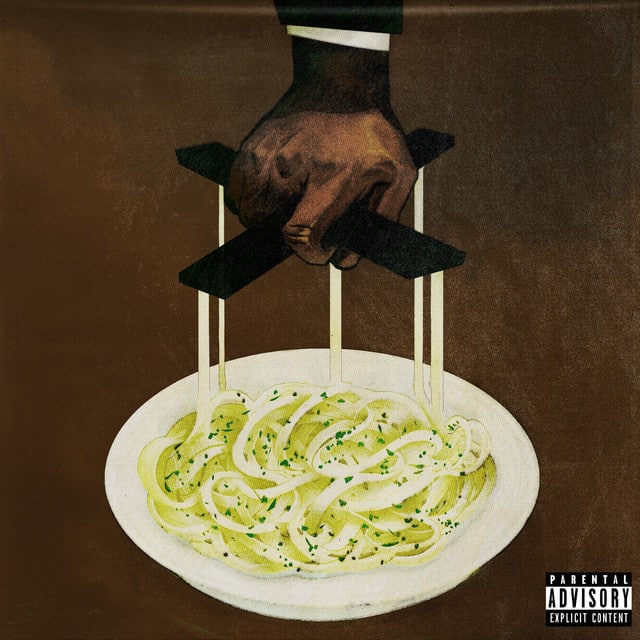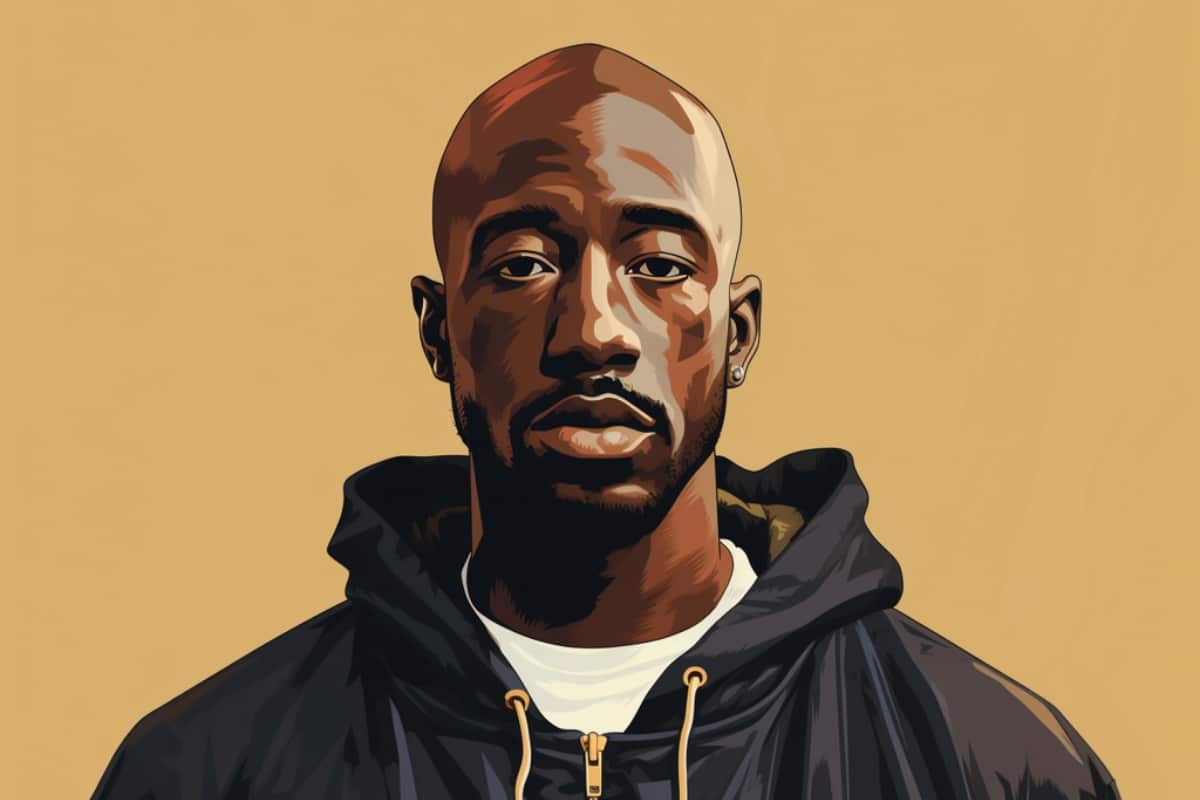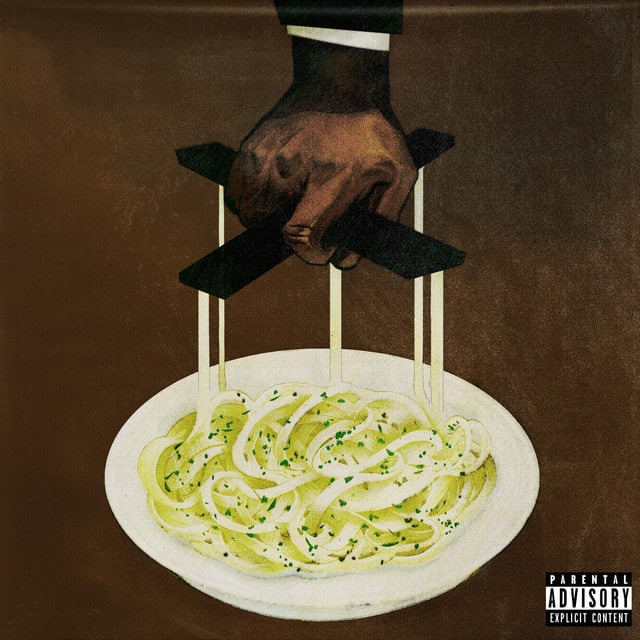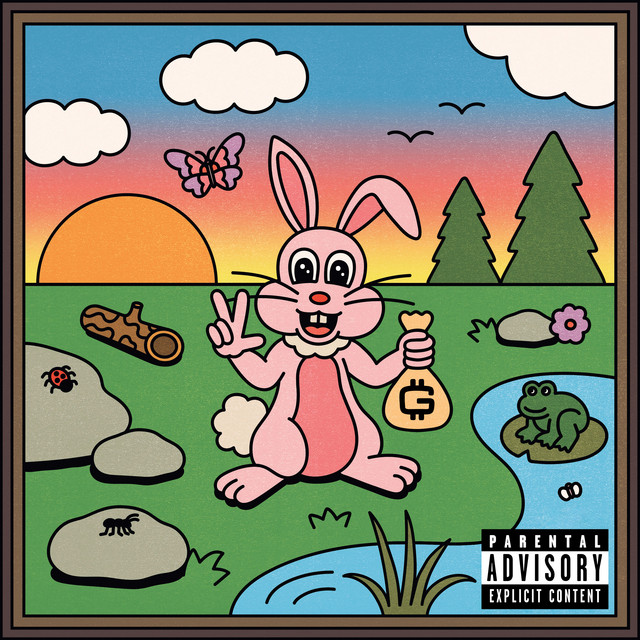Released: 2019 • Features: Madlib
“Crime Pays” by Freddie Gibbs and co-created by Madlib is a raw yet nuanced dissection of the intersection between street life and the inherent pitfalls that come with it. Gibbs metaphorically explores the dangerous allure of the criminal lifestyle, countering the glorification of ‘thug life,’ and shedding light on the harsh reality it brings.
In the repeated refrain, “Crime pays, nigga, crime pays,” Gibbs emphasizes the superficial allure of criminal activity. However, he deals with this with lines like, “Choppin’ up this change with cocaine in my microwave”, and “Made it through my whole month with my lights out, I seen brighter days”, presenting a grim depiction of the drug trade and the struggle entailed to survive it.
Gibbs, with lines such as “Diamonds in my chain, yeah, I slang but I’m still a slave”, reflects on how wealth achieved through illegal means doesn’t liberate individuals from systemic struggles. Rather, it entangles them further, making them feel like they’re “Twisted in the system, just a number listed on the page”.
The lyrics “Homeboy just caught HIV, he lived and he died by his ho, Have we ever hit the same bitch before? Ain’t nobody know” illuminate the dangers of indiscretion in sexual exploits often commonplace in the street lifestyle. He’s not only highlighting the physical risks but the emotional and social complications that can arise as well.
In the latter sections, Gibbs specifically addresses the violence associated with this lifestyle, lyrically reenacting a potential scenario of conflict and retaliation, such as “My niggas done bust a four nickel on your nigga, Bust him, now he on a shit bag, His homie done borrowed a car and he got it shot up”. It emphasizes the real cost of crime, conveying a gritty picture of the ‘gangster’ lifestyle that’s often glamorized in pop culture.
The sum of “Crime Pays” paints a multi-layered image of the street life, its allure, and its potential risks. Far from promoting crime, Gibbs seems to present an honest interpretation of it, aiming to educate rather than endorse.








